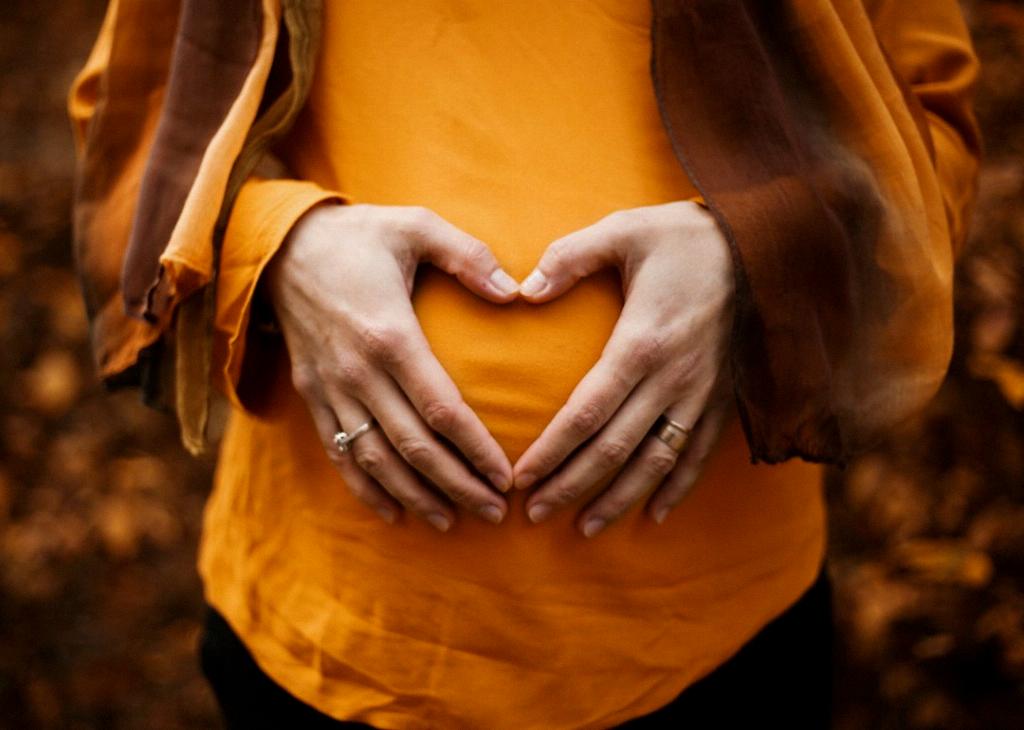Feeling those first movements of your baby in the womb is an incredibly special and exciting moment for any expectant mother. The question of when you will feel those flutters is a common one that many women ponder as they eagerly await this significant milestone in their pregnancy journey.
Factors That Influence When You Feel Flutters
Every pregnancy is unique, and the timing of when you feel your baby’s movements can vary from woman to woman. One of the key factors that influence when you will feel flutters is whether you are a first-time mom or have had previous pregnancies.
Early Flutter Sensations
It is reported that some mothers can experience those initial flutters as early as 13-16 weeks into their pregnancy, calculated from the start of their last menstrual period. These early movements, often referred to as quickening, are typically described as delicate flutters or bubbles.
Recognizing Baby’s First Movements
During the early stages, it can be challenging to distinguish between your baby’s movements and other bodily sensations, such as gas bubbles. As you progress through your pregnancy, you will become more attuned to your baby’s unique movements and begin to recognize a pattern.
Importance of Tracking Movements
Monitoring your baby’s movements is essential for assessing their well-being and development in the womb. As you start feeling those tiny flutters, keeping track of when and how often your baby moves can provide valuable insights into their health.
Impact of Baby’s Position
The position of your baby within the uterus can also influence when you will feel their movements. For instance, if your placenta is positioned at the front of your uterus, known as an anterior placenta, it may act as a cushion that mutes some of your baby’s movements.
Embracing the Unique Experience
The sensation of feeling your baby move for the first time is a deeply personal and emotional experience that signifies the bond between mother and child. Embrace each flutter, kick, and squirm as a reminder of the precious life growing inside you.
Consulting Your Healthcare Provider
If you have concerns about when you should start feeling your baby’s movements or notice a decrease in movement patterns, it is crucial to reach out to your healthcare provider. They can offer guidance and perform any necessary assessments to ensure the well-being of your baby.
Enjoying the Journey
As you await those first flutters and kicks, take the time to savor each moment of your pregnancy journey. Cherish the anticipation of feeling your baby move and relish in the miracle of new life growing inside you.
Connecting with Your Baby
Feeling your baby’s movements is an intimate way to connect with the little one you are carrying. It is a reminder that your bond transcends the physical realm and represents a profound connection that will continue to strengthen as your baby grows.
Celebrating Each Milestone
As you experience the joy of feeling those first flutters in pregnancy, celebrate each milestone along the way. From the first kicks to the final stretches, each movement is a testament to the miracle of life and the love that grows with each passing day.
Conclusion
Feeling flutters in pregnancy is a significant moment that marks the beginning of a beautiful journey between mother and baby. While the timing of when you will feel those movements can vary, the experience of connecting with your baby in the womb is a profound and cherished aspect of pregnancy.

